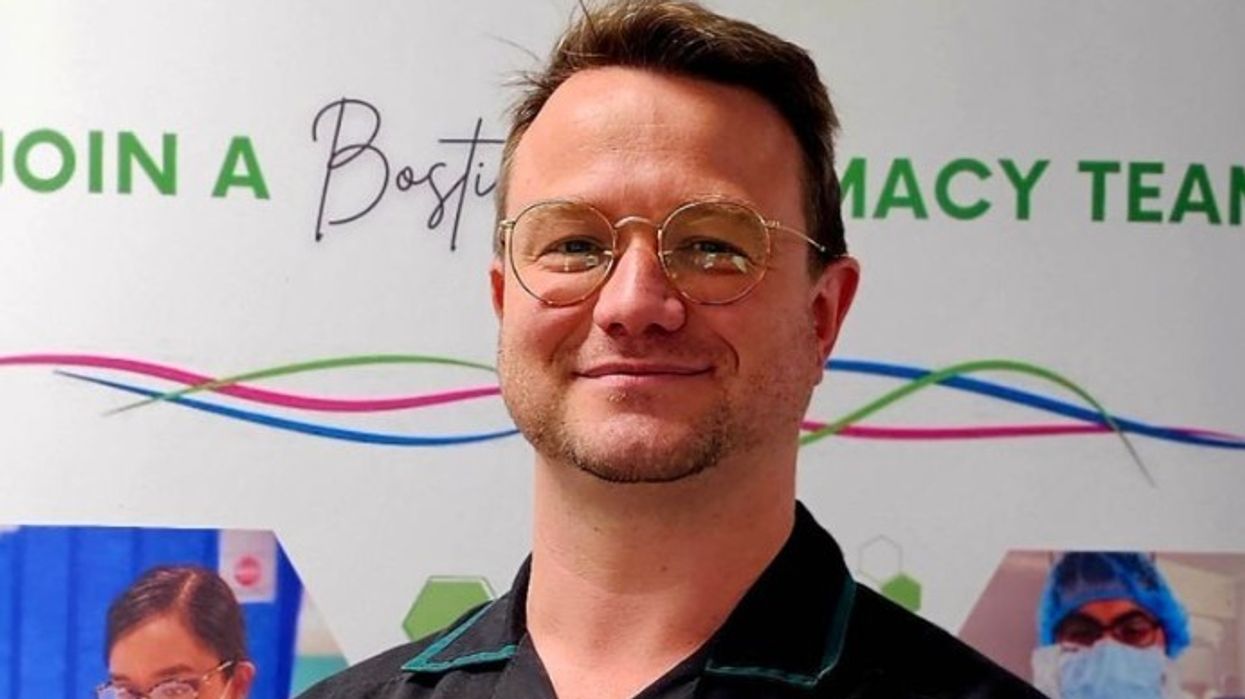Key Summary
- 50 pharmacy students placed in secondary care wards
- 94% improved knowledge, 98% gained confidence
- Pilot shows large-scale placements are feasible
A pilot scheme for secondary care placements for pharmacy undergraduate students at the Royal Wolverhampton NHS Trust has yielded positive outcomes.
The initiative was rolled out by Richard Draper, principal pharmacist for Education and Training at the Royal Wolverhampton NHS Trust and featured fifty third-year students.
The students were allocated in wards in four two-week blocks.
The initial stage of the programme began with group induction, group teaching/case discussion sessions twice per week and regular “drop-ins” onto the wards.
However, by following the “arm’s length” supervision model, they worked independently with the patients.
The team also provided a placement mobile to help the students communicate.
It focused on the inculcation of career-oriented interest among the students.
The pilot programme provided the students with patients across the general medical and surgical ward, contributing to the enhancement of their knowledge, communication skills as well as confidence.
Multidisciplinary Team (MDT) working, access to medical records/blood results, and chance to attend a drug round or surgical procedure are some of the benefits that the students received.
The fresh approach is an attempt to provide placements to vast number of pharmacy students.
The results of the programme delivered improved clinical knowledge said 94 per cent of the students.
And 98 per cent students said they enhanced their confidence in communication as well as patient consultation.
“We should all be proud and inspired that third-year pharmacy students had patients at the centre and as the highlight,” said Richard Draper.
“When I was at university I never spoke to a real patient independently, let alone had it as my highlight,” he added.













